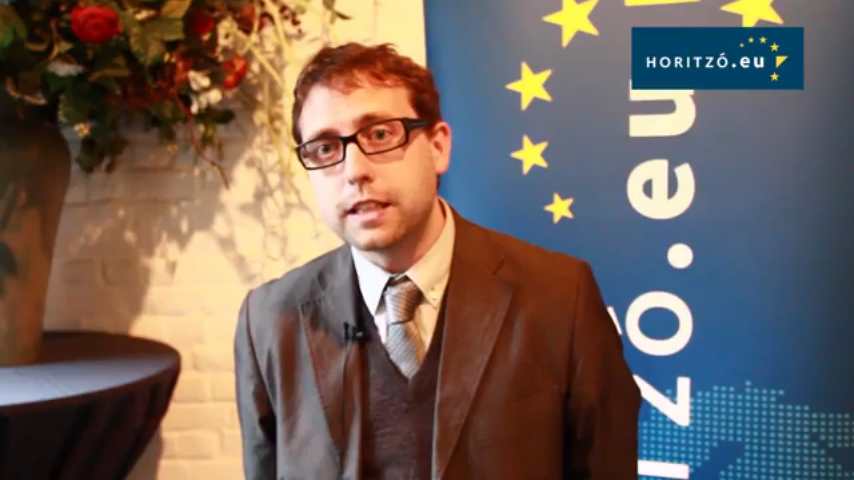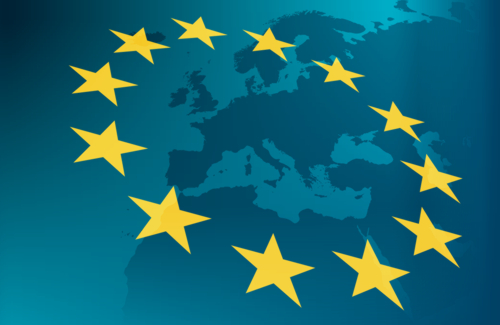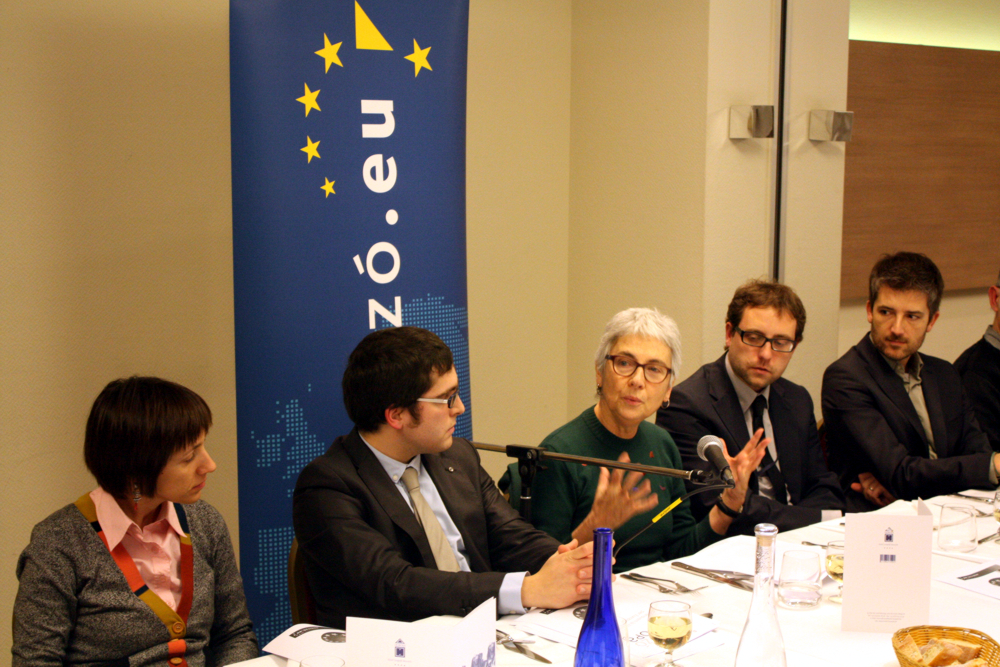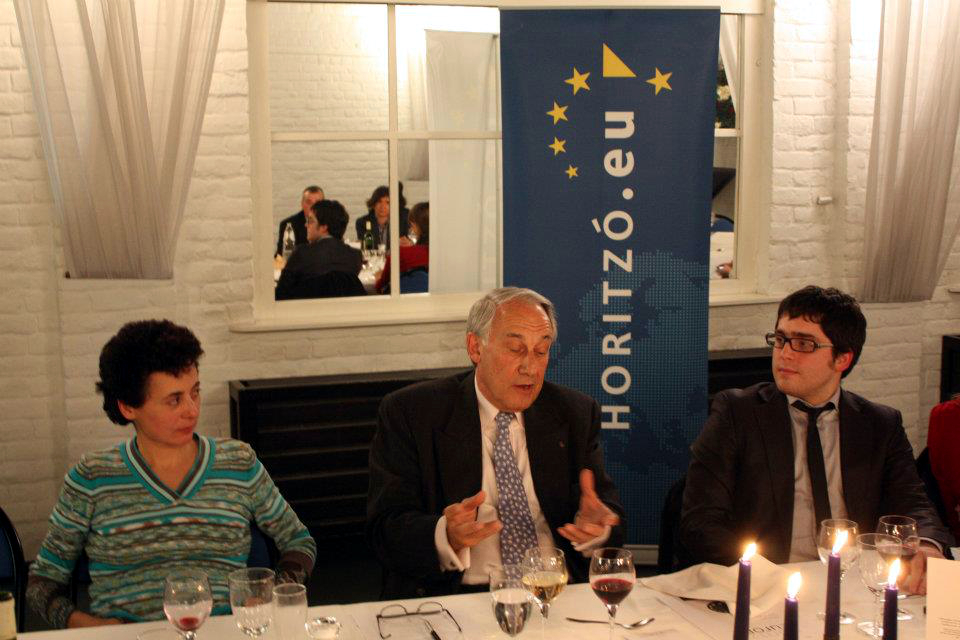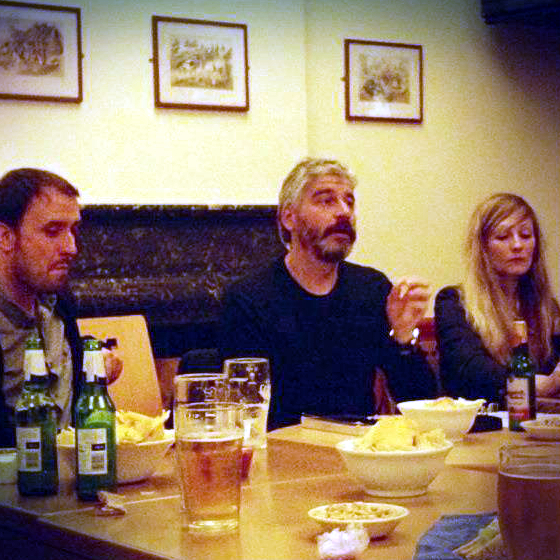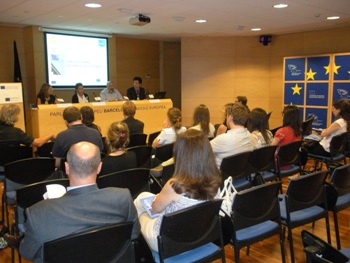During a European Dinner in Brussels, Albert Royo, Secretary General of the Pulic Diplomacy Council of Catalonia, appointed last January, explained the main goals of this new body of the Government of Catalonia.
The post-war project of European unification is under attack. Nationalist forces are rising again across Europe as the response of the current leadership to the deep economic crisis proves to be inadequate. So here is a seven-point programme with big things that, taken together, will reverse the trend to disunity:
On 4 December Horitzó Europa organised a dinner-debate in Brussels with Muriel Casals, president of Òmnium Cultural, a paramount organisation in the promotion of Catalan language and culture. Several issues were discussed, related to the political situation in Catalonia after the regional elections on 25 November, hypotheses about the status of Catalonia in the event of its secession, comparisons with the Scottish case, the role of Catalan and pro-European civil society organisations, and the recognition of Catalan language in EU institutions.
On April 25 2012, Horitzó Europa held a dinner in Brussels jointly with Catalunya Empresa Oberta, in the framework of the Sant Jordi week, organised by the Catalan Cultural Centre in Brussels. About 30 participants from diverse professional backgrounds attended the dinner-debate. Ramon Tremosa i Balcells MEP (ALDE) was also present.
In a context of great social, political and economic challenges, European nations are in the need of improving their coordination by establishing a supranational institutional setting which takes the lead on fiscal and political matters. This argument, put forward by Dr. Costa-Font, has numerous detractors. Simon Glendinning, professor of European philosophy in the European Institute at the London School of Economics, is one of them. He argues that the United States of Europe, with the consequent loss of sovereignty would represent the end of freedom, and therefore, it can never be the will of the nation. But, what do we mean by “the will of the nation”? Joan Costa-Font argues that most of the times, the will of the nation is the will of the elites. Therefore, in the end, the steps towards a federation is nothing more than transferring some powers held by national elites to supranational elites.
The headquarters of the European institutions in Barcelona, and the delegation of the government of the Generalitat of Catalonia in Brussels hosted simultaneously the presentation of the last issue of the journal Àmbits de Política i Societat ‘Europe after Lisbon: quoi de neuf?’.
